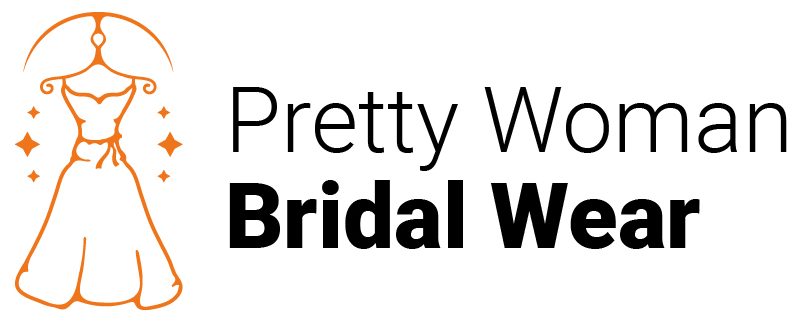In modern Britain, arranged marriages are a controversial topic. Some people see them as the same thing as forced marriage. Some see them as an old-fashioned custom that needs to be adapted to modern “love marriages” in the western style. My decade of research among British Indians has painted a very different picture.
Modern arranged marriages are not a homogenous tradition. Each family has its own matchmaking practice, which is tailored to their modern identity and ambitions.
Transnational arranged marriages became the norm among the first generation. The first generation would return to India in order to find partners. They also expected that their children will follow the traditional Indian style of arranged weddings. The attitude of the second generation British-born was markedly different.
In the 1960s, and especially in 1970s, attitudes toward arranged marriages started to change. The group felt that, unlike their parents’ generation, transnational marriages were not suitable for them or their children. They identified more with Britain and India than their parents.
You can think of the range of arranged weddings as a continuum, from forced marriages where someone is married against their will to the westernised courtship and marriage style (including interreligious marriages and instances where parents are only involved in arranging the marriage) at the opposite end.
There are two new types of arranged marriage
In my research, I have identified two styles of arranged wedding that fall between these extremes. The two most popular methods of arranged marriages among young British Indians are both based on the same principles.
Parents who want to find a partner for their child can introduce them to a few candidates within the British Indian community that they believe could be a good match. Introduce yourself by looking through bride and groom CVs that have been specially ordered, or studio photos, and attending events like speed dating organised by temples.
In “love-cum arranged marriages”, couples date and get to know one another before asking their parents to contact the parents of their loved interest. Tetra Images, LLC/Alamy
The couple will then go on dates, sometimes accompanied by a chaperone, to get to better know each other. In the lead-up to the marriage, they are also gently encouraged to fall for each other. These courtships are not frowned upon by families because the matches are approved directly by the parents. The people I interviewed who had this type of arranged marriage admitted to falling in love with the chosen partner before their wedding.
My research participants referred to the other style as “love-cum arranged marriages”, in which the person looking for a spouse finds someone who they are comfortable with. These marriages are arranged by asking families to contact the parents of a love interest to set up a formal introduction. Then, the parents approve of the courtship. Finally, they marry.



